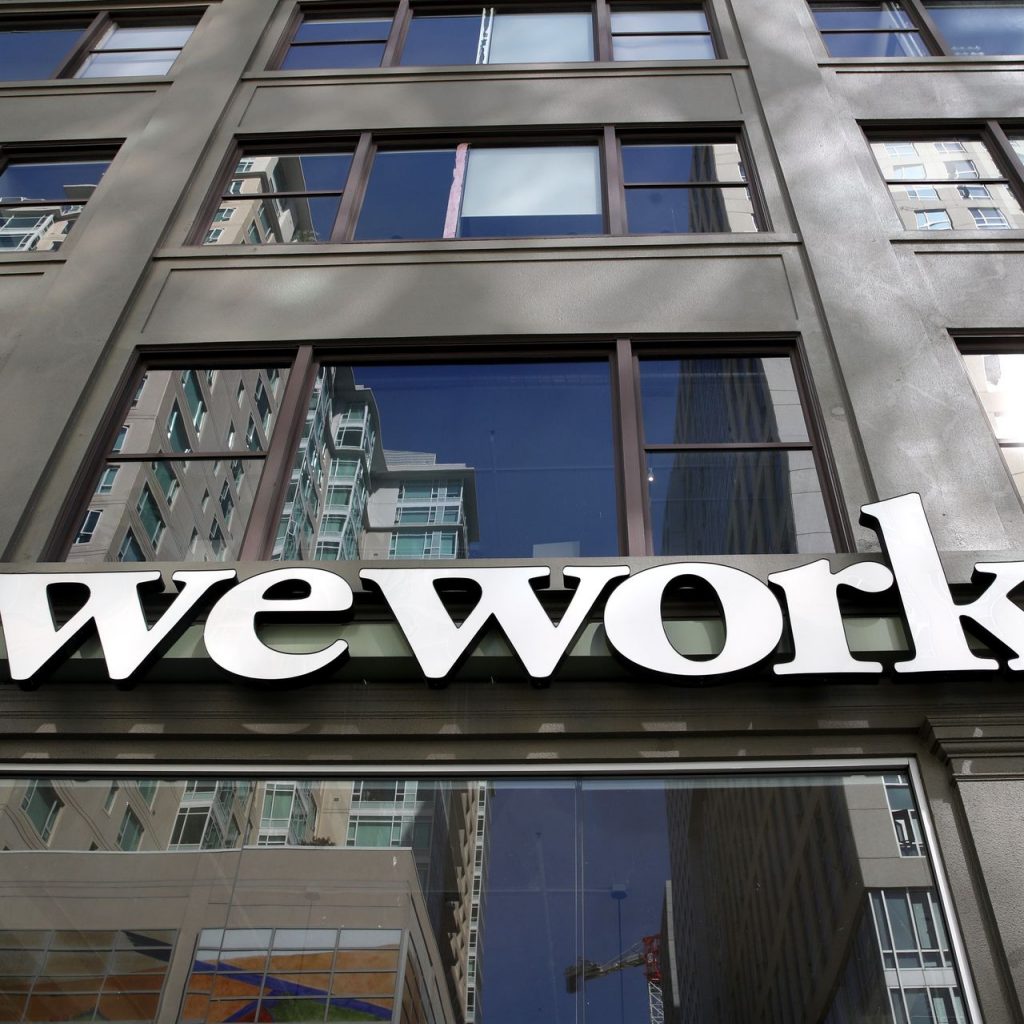Most real estate investors in the U.S. believe that personally owning income producing real estate is the only way to go, even in today’s increasingly expensive market.
But one of the nice things about investing in real estate is that there are so many options to choose from. Some investors, without actually realizing it, choose to accept a high level of risk and end up making only the smallest of returns.
Then there are people investing in income property who shy away from personally owning investment real estate, and instead choose to minimize their risk and exposure by investing their capital with a real estate fund.
Which begs the question: What do they know that most other real estate investors do not?
For an answer, here’s a quick look at the top four differences between directly owning rental property and investing with a real estate fund:
Investment Term
Most investors like to use leverage when purchasing income property and obtain a mortgage of 20 to 30 years, believing they get a bigger return on their investment dollar. But a mortgage comes with a monthly payment that is mostly interest and a gradual reduction of principal. In today’s volatile real estate market it becomes increasingly likely that when the time comes to sell, the property value may be upside down.
By contrast, the holding period in a real estate investment fund is usually around 5 years. So after a relatively short period of time the real estate investor is cashed out and has the money available for the next opportunity.
IRR
With rental property the actual internal rate of return can get eaten up with unexpected repairs, problem tenants, legal and vacancy expenses. Before you know it, the investor who owns these smaller properties can end up with an IRR of around 6% or less.
Real estate investment funds that purchase only Class A commercial property are able to leverage their financial acumen and decades of real estate experience to realize gross IRRs of 14% or more on an annually compounded basis.
Personal Guaranty
When an individual investor purchases real estate directly he puts his money, his credit, and quite possibly his entire net worth on the line. In a litigious country like the United States, even holding property under an LLC doesn’t offer the liability protection that many people believe that it does.
Putting money into a real estate fund means the investor owns a small piece of a multi-million dollar property, gaining all of the rewards of ownership without the risk of a personal guaranty.
Risk & Reward
Speaking of risk, the small investor not only exposes himself to the risk of a nuisance lawsuit, but also frivolous Fair Housing claims from devious tenants while all the while having to compete with other real estate investors to purchase property in a market that is becoming increasingly over heated.
By comparison, investing in a real estate fund is like a breath of fresh air.
It’s completely passive, meaning the small investor can allocate part of his capital into the fund, knowing that the real estate is being professionally managed by people with years of experience in real estate investing, finance, leasing, marketing, property management.




